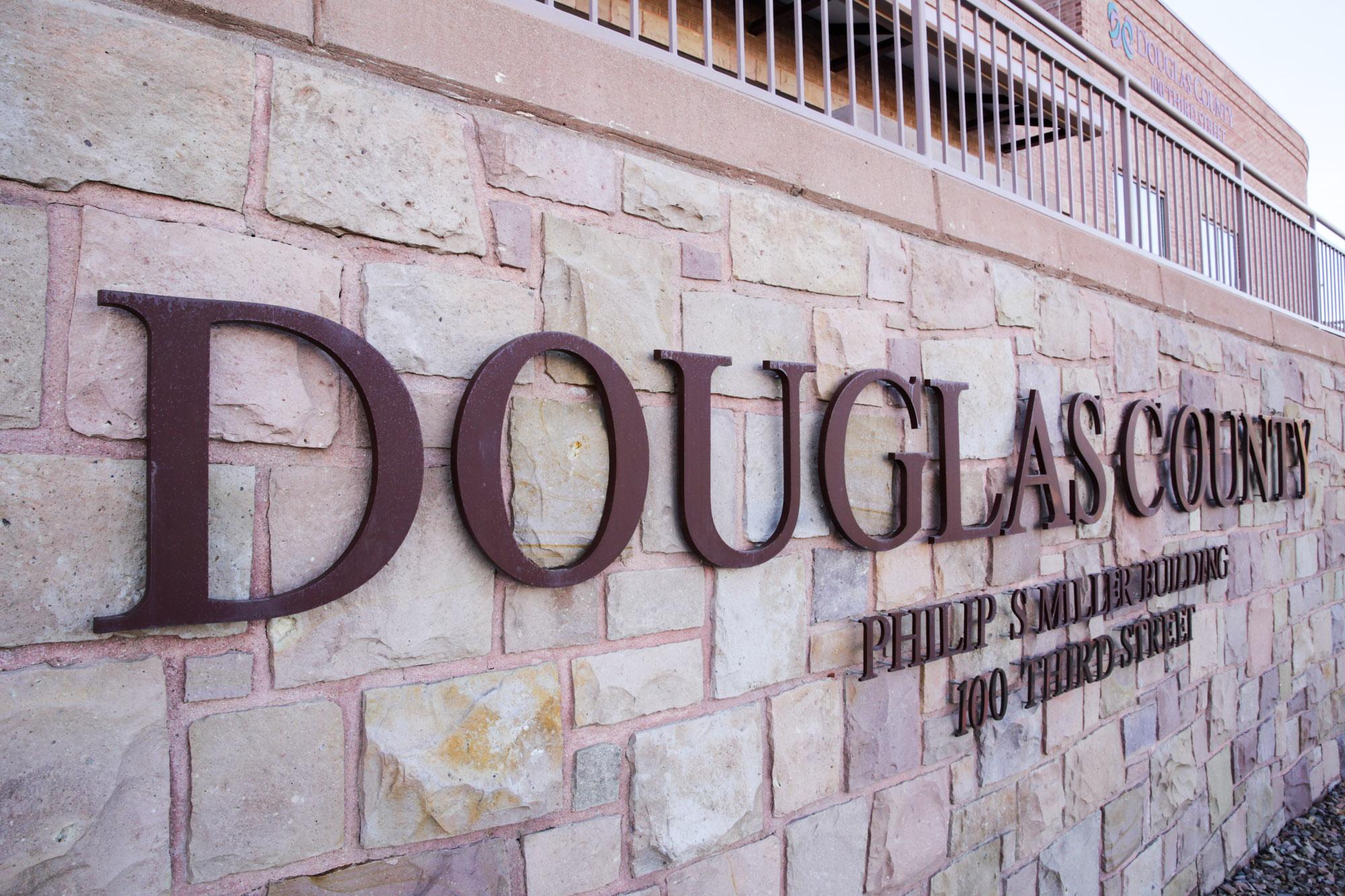
Officials from Douglas and El Paso Counties on Monday formally unveiled litigation against Gov. Jared Polis and the state over Colorado’s immigration laws.
The lawsuit, filed in Denver District Court Monday, takes aim at HB19-1124 and HB23-1100, two bills that became law and prohibit local and state law enforcement officers from arresting or detaining people based on their immigration status. They also prohibit law enforcement from revealing some specific information about arrestees to federal immigration officials. The plaintiffs allege the laws violate local rule provisions in the state Constitution.
“Federal policies along the southern border [have] resulted in an unlimited string of illegal immigrants into our communities, and we see it as the duty of the county to push back against these state laws that prohibit us from working with federal authorities to keep Douglas County and our communities safe,” said Douglas County Board of County Commissioners Chairman George Teal.
The lawsuit comes as Colorado, specifically the Denver metropolitan area, continues to deal with the arrival of new immigrants to the state, primarily through buses sent by the Texas government.
During a press conference Monday, Douglas County officials said they were filing the lawsuit to keep their communities safe. However, when asked by members of the press about how immigration is impacting crime, they were unable to provide specifics.
“This is a proactive step in order to restore a method of communication and cooperation between the different levels of government here in the county, but [also] here in the state in order to address those concerns that are prevalent in our community,” Teal said.
Douglas County’s commissioners were joined by their counterparts in El Paso County, who voted last week to join the lawsuit. Both counties’ respective sheriff’s departments also joined in on the lawsuit. At the Monday press conference, Teal said “many others” have inquired about joining the lawsuit, however, none have taken formal action.
The governor's office declined to comment on the pending lawsuit, as did Colorado Attorney General Phil Weiser.








